Childbirth can be such a beautiful thing. After months of sleeplessness and uncomfortable sleep positions; insane cravings and sometimes nausea; mood swings, swollen feet and all the other million things that can and do happen during pregnancy, you finally hold your beautiful bundle(s) of joy in your arms and it feels like everything is suddenly alright in this bright, beautiful, colourful, magical world of ours.
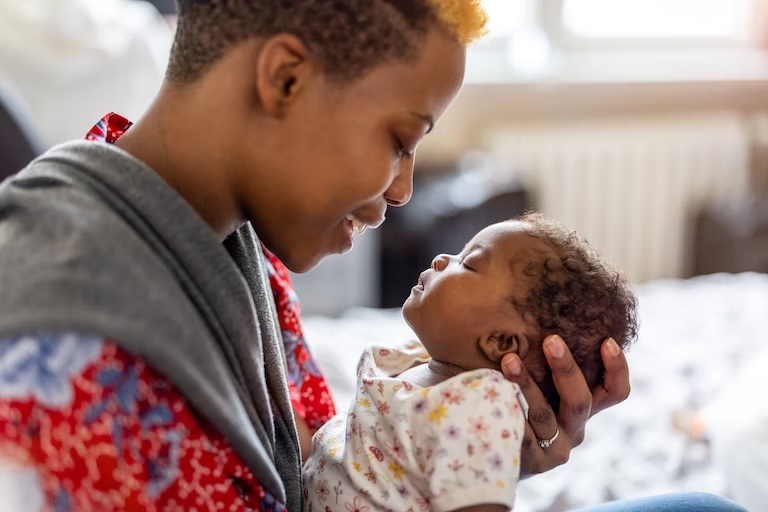
Until it’s time to leave the hospital and you realise those kind nurses are not going to follow you home. Even if your hospital stay was not the best of experiences, suddenly having to deal with a newborn can be an overwhelming experience for mothers. Granted, in some cultures like what obtains here in Africa, it is expected that a member of the family, usually the grandmother, comes over to stay for at least a month to help the new mum adapt. But, times are changing, and even with the support of family members, adjusting to life post-birth can quickly become stressful for new parents.
Luxury retreats for new mums want to help solve this challenge, and they are on the rise.
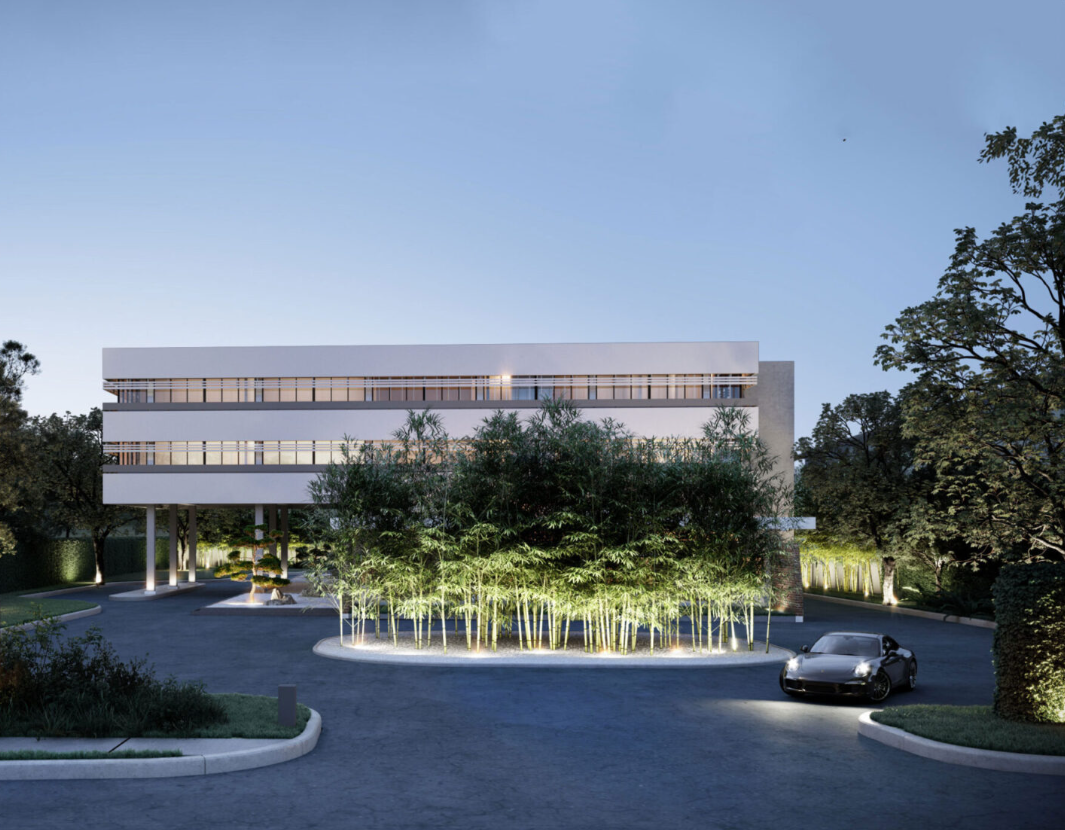
The idea for luxury retreats for new mums has its origins in postpartum confinement practices in Asia, which can be traced as far back as 960 AD. It is based on the fact that childbirth, though beautiful, can be difficult, and coming home to guests who would have to be entertained, as well as chores and sometimes older children, while adjusting to the demands of a newborn can be too much for mummy. So, a ‘middle home’, which eases parents gently into their new role – whether or not they’ve had children before – is the best solution for everyone.
In South Korea, this post-natal retreat concept is called Sanhujori and is typically offered at choriwons (postpartum care clinics).

Singapore, nearly 5000km away, offers the same kind of services, but in a completely different way. Instead of postpartum clinics, they have luxury postpartum retreats. These five-star-like hotels for new mums come with all the bells and whistles, including spacious, fully-fitted rooms with perks such as 600-thread-count sheets for deep, comfortable sleep; aesthetic clinics for rejuvenating facials; in-house physiotherapy centres to help soothe aching muscles and help new mums get their bodies back to shape; spas that offer weekly postnatal massages and yoga classes. There are also salons that help fix mum’s hair, chauffeur services to take her and baby to the hospital for checkups, herbal baths to promote healing and dining services that offer foods tailored to deeply nourish mom and baby, and help to heal the latter.
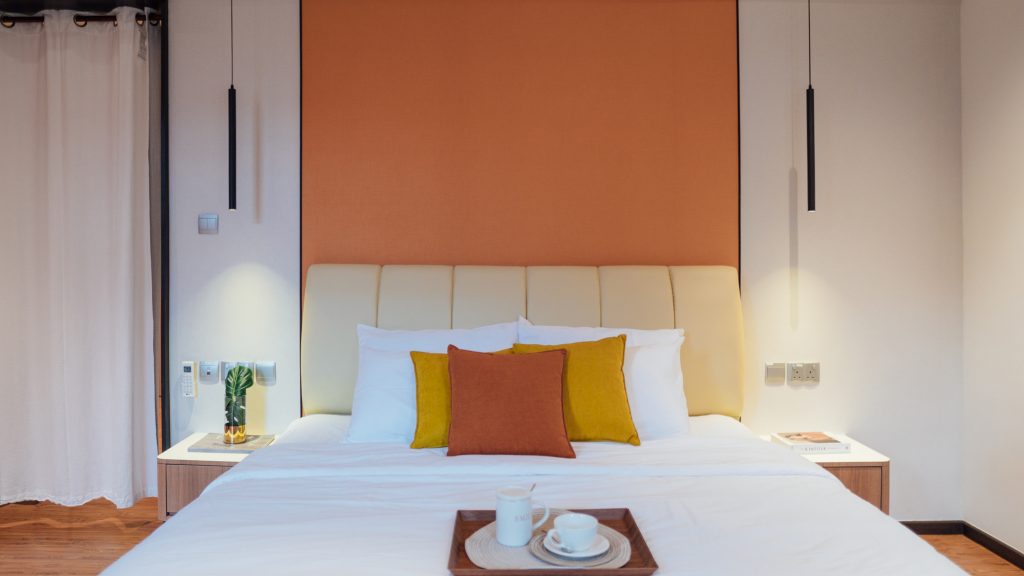
In-house nannies and general nurseries are on hand to help take care of the baby when she wants to rest solo. Dads are welcome, and so are family members/other visitors, although the latter are usually not allowed to stay overnight.
The concept is beginning to catch on outside Asia.
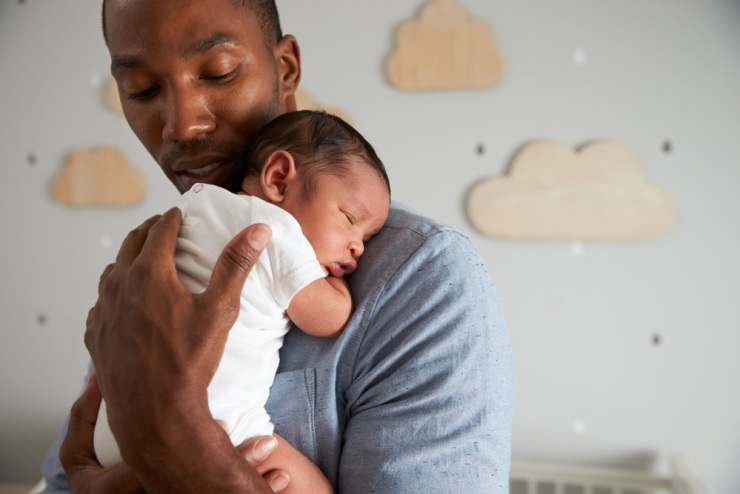
The Boram Postnatal Retreat at the Langham Hotel in Manhattan, New York offers the same services as the Singaporean luxury retreats for new mums. There is a nursery run by employees with backgrounds in infant care, a mother’s lounge where moms can attend seminars organised by paediatricians, physical therapists and mental health specialists on everything from pelvic floor therapy to curing insomnia. Messages and sitz baths are offered to mums to help with swelling and soreness, while a robust menu, “prepared by an award-winning chef” ensures the new mothers have all the nutrients they need at this stage.
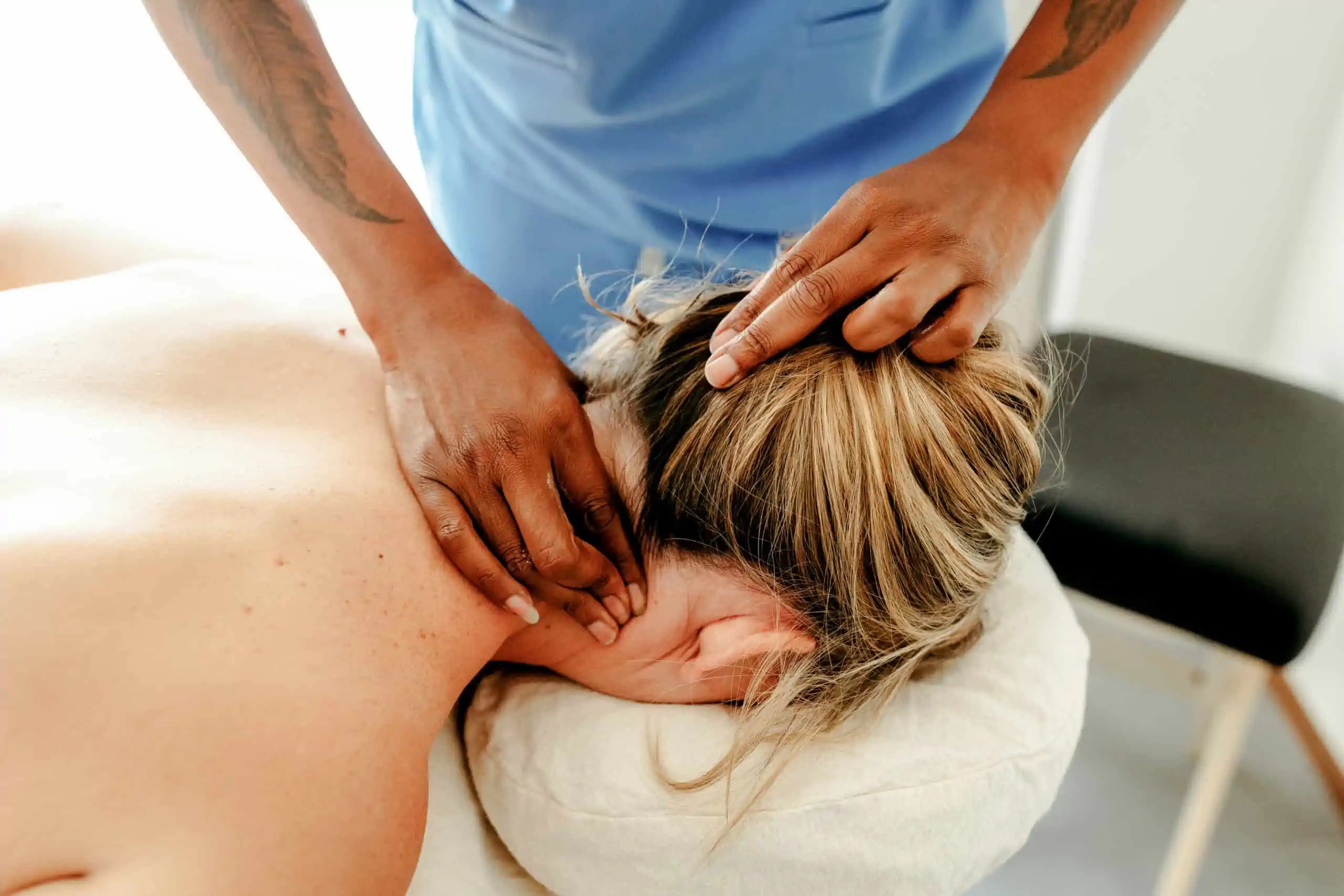
At $900 per night (the Singaporean Luxury retreats on average cost less at roughly $770 per night) the facility does not come cheap. But those who have used them swear that they are the best thing that happened to them after childbirth. And while it has not become commonplace outside Asia, the fact that non-Asian postnatal facilities like the Boram require bookings well in advance is a good indication that it is simply a matter of time.
